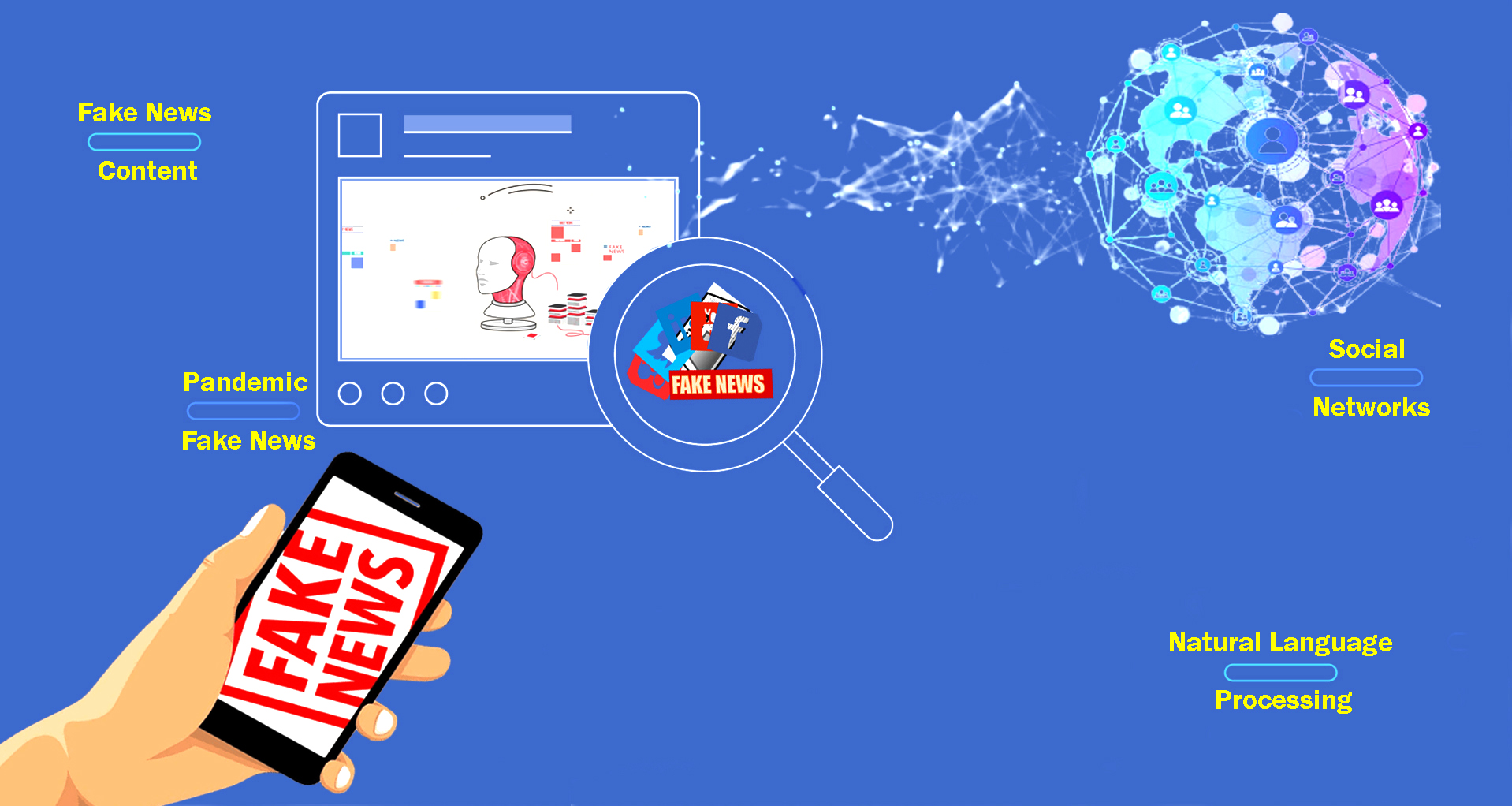Social media has transformed the way political campaigns are conducted across the globe. Instead of relying solely on traditional methods like rallies, print ads, and television broadcasts, politicians and their teams now use digital platforms to reach voters directly. The influence of social media is reshaping political strategies, changing how candidates connect with the electorate and how campaigns come to play during election seasons.
Social media platforms offer politicians the ability to communicate with millions of people instantly. Candidates can share their messages, policies, and personal stories without waiting for intermediaries such as journalists or media companies to deliver the news. This direct communication allows for greater control over the story and enables campaigns to react quickly to opponents or emerging events.
In addition, social media allows for targeted advertising, which means political campaigns can tailor their messages to specific groups based on age, location, interests, and behaviour. This level of precision was not available in the era of traditional media. Targeted ads help campaigns to invest resources wisely and reach undecided voters who might be more responsive to certain topics.
Social media also encourages participation and engagement. Citizens can comment, share, and discuss political issues online, which creates an interactive environment. Campaigns now often include strategies to boost engagement by posting polls, hosting live question-and-answer sessions, or sharing behind-the-scenes content. This interaction fosters a sense of involvement that traditional media formats rarely provide.
Social Media as a Double-Edged Sword
While social media brings many benefits, it also introduces challenges. The spread of misinformation has become a major concern. False news or misleading content can circulate quickly, sometimes influencing public opinion or creating confusion. Political campaigns must work hard to maintain credibility and counteract fake stories that might damage their reputation.
Social media platforms are also breeding grounds for polarisation. Echo chambers form when users follow only those who share their views, reinforcing existing beliefs and making constructive dialogue difficult. Campaigns often tailor their messages to appeal to their base, which can deepen divisions rather than build bridges between different voter groups.
The speed at which information travels on social media means campaigns must constantly monitor conversations and trends. Rapid responses are necessary to address controversies or clarify positions before misunderstandings spread too widely. This urgency can increase pressure on campaign teams and politicians, requiring them to be more agile and media-savvy than ever before.
The Rise of Influencers and Grassroots Movements
Another development in political campaigns is the use of influencers and grassroots activists on social media. Influencers with large followings can shape opinions and encourage their audiences to support particular candidates or causes. Their endorsements may reach demographics that traditional political advertising might miss.
Grassroots movements have also found new strength online. Social media makes it easier for local volunteers to organise events, raise funds, and spread awareness about campaigns. This bottom-up approach empowers ordinary citizens and gives campaigns additional channels to mobilise supporters.
Campaigns that harness these elements effectively often find themselves with a more engaged and enthusiastic supporter base. It demonstrates that success in modern politics goes beyond the candidate alone, relying on networks of individuals who help promote the message and keep the momentum going.
Challenges Around Regulation and Privacy
The use of social media in political campaigns raises important questions about regulation and privacy. Different countries have started to impose rules about how data can be collected and used for political advertising. This has led to debates about balancing freedom of expression with the need to protect voters from manipulation.
Campaigns must be transparent about their data practices and ensure they do not exploit personal information without consent. Social media companies face increasing pressure to police content, remove harmful material, and provide clear guidelines for political ads. The relationship between regulators, platforms, and campaigns remains a dynamic and evolving issue.
Changing the Role of Traditional Media
As social media takes centre stage in political campaigns, the role of traditional media has shifted. Television, newspapers, and radio continue to play important roles, but they often act as amplifiers rather than primary sources of information. Journalists now monitor social media closely to identify breaking news and public sentiment.
Candidates sometimes use traditional media to reach older or less digitally connected voters, but social media’s reach among younger and urban populations cannot be ignored. Campaign teams invest heavily in creating shareable digital content such as videos, memes, and graphics designed to spread quickly online.
Political campaigns will likely continue evolving as technology advances. The rise of new platforms and tools means candidates must keep adapting their strategies to remain relevant and effective. Social media’s influence on politics is profound and unlikely to diminish any time soon.
It remains critical for political actors to use social media responsibly, ensuring communication remains truthful and respectful. Voters must also stay vigilant, critically evaluating information and seeking out multiple sources before making decisions.
As digital platforms become integral to political life, campaigns will keep changing the way leaders connect with the public. This transformation presents opportunities to increase participation and transparency but also demands caution to avoid the pitfalls of misinformation and division.

Leave a Reply